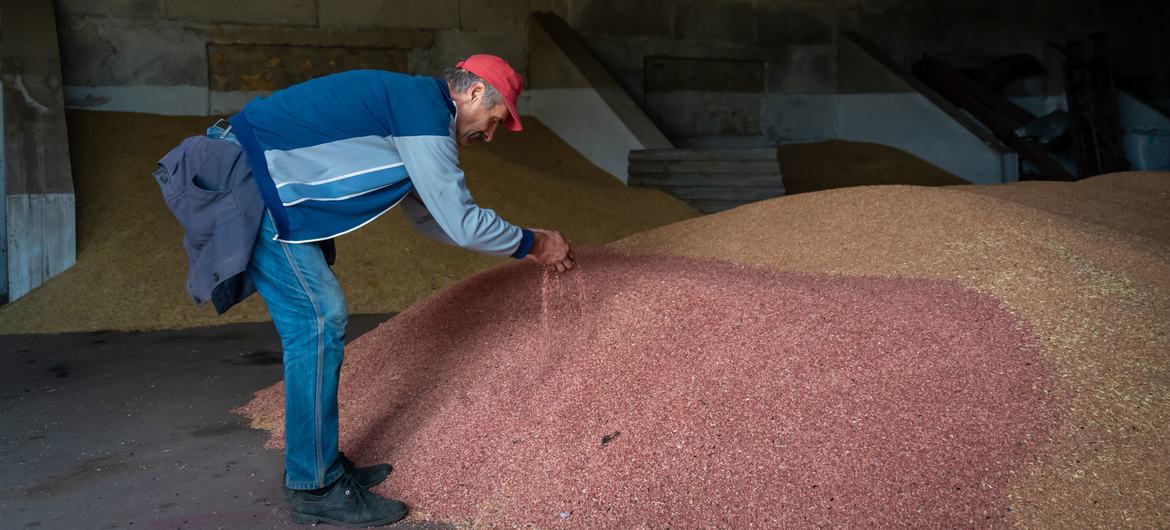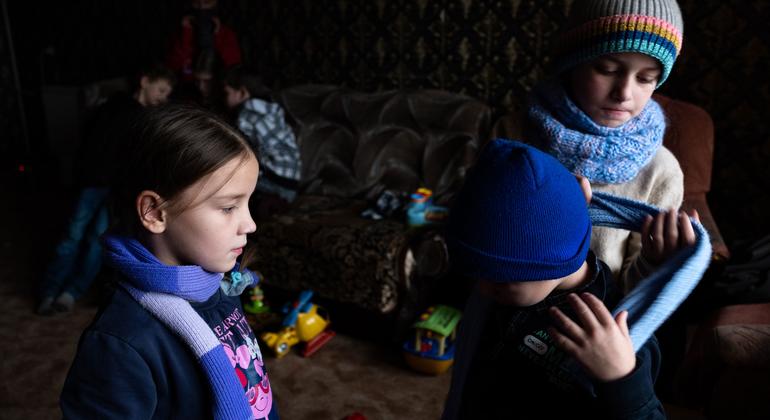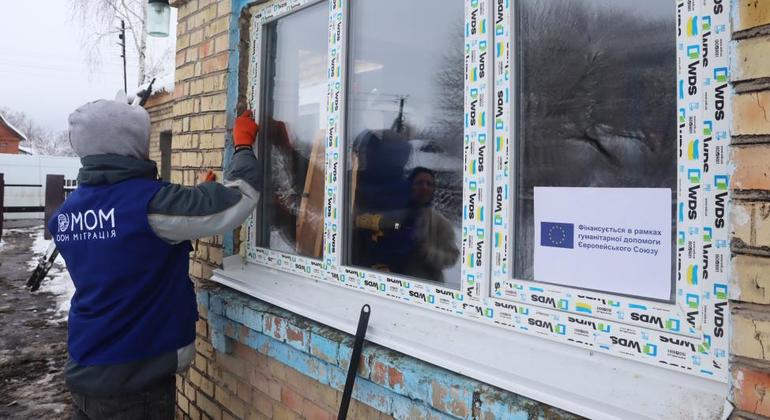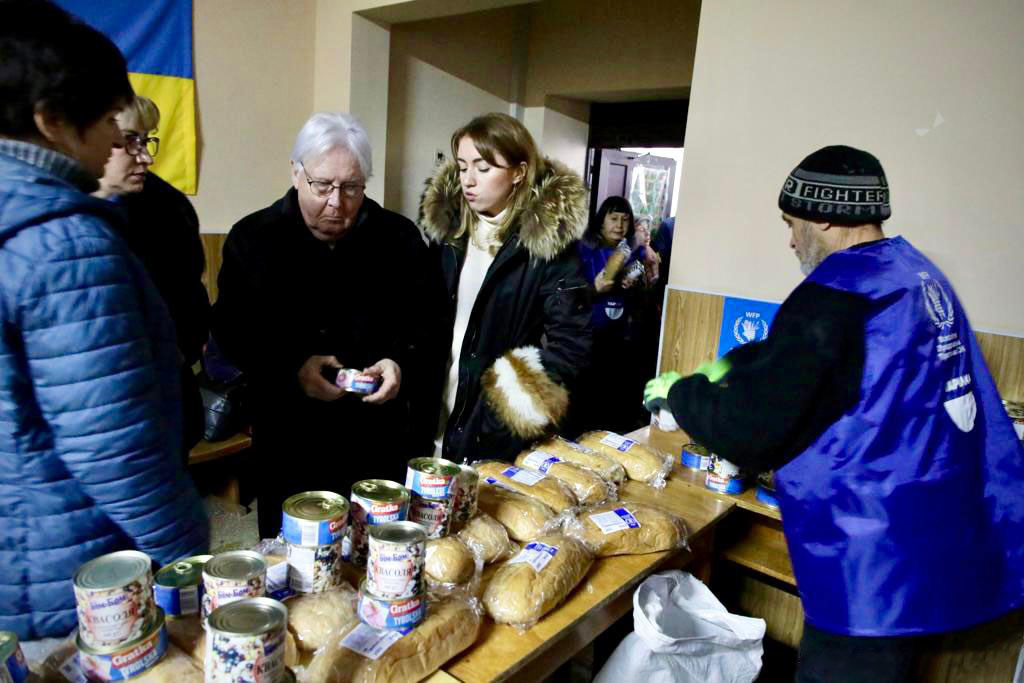
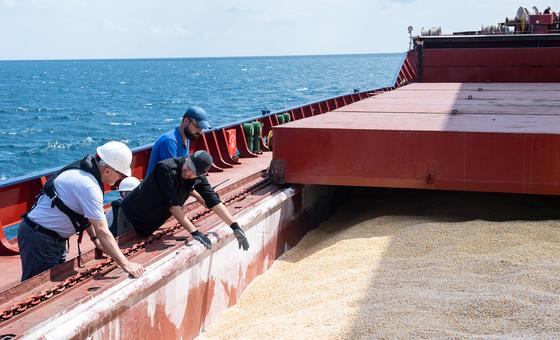

On Sunday, UN Spokesperson Stéphane Dujarric said, in a statement for the Secretary-General, that Mr. Guterres has decided to delay his departure for the Arab League Summit in Algiers by a day to focus on the issue.
Following Russia’s invasion of Ukraine in late February 2022, mountains of grains built up in silos, with ships unable to secure safe passage to and from Ukrainian ports, and land routes were unable to compensate.
This contributed to vertiginous rises in the price of staple foods around the world. Combined with increases in the cost of energy, developing countries were pushed to the brink of debt default and increasing numbers of people found themselves on the brink of famine.
The Initiative was due to run out in the second half of November, but there was an option to extend it, if all parties, including Russian and Ukraine, agree.
Millions saved from extreme poverty
The deal was demonstrably successful in bringing down prices, allowing millions of tonnes of grain to be safely transported from Ukrainian ports. By September, Rebecca Grynspan, the head of the UN trade body, UNCTAD, and Amir Abdulla, the UN Coordinator for the Black Sea Grain Initiative, could proudly announced that prices had come down five months in a row, and that the Food Price Index, which measures the monthly change in international prices of a basket of food commodities, had decreased nearly 14 per cent from its March peak.
According to UN estimates, the Initiative has indirectly prevented some 100 million people from falling into extreme poverty.
However, on Saturday Russia announced that it was suspending its involvement in the deal, citing an attack the same day on ships in the Ukrainian port of Sevastopol in the Crimean peninsula, which was annexed by Russia in 2014.
The move reportedly took traders by surprise, and raised fears of another steep rise in food prices. Arif Husain, Chief Economist at the World Food Programme (WFP), reportedly warned that Russia’s decision poses a danger to a large number of countries, and should be resolved as soon as possible.
Mr. Dujarric said that the Secretary-General is continuing to engage in intense contacts aimed at ending the Russian suspension of its participation in the Initiative.
This engagement, he explained, also aims at the renewal and full implementation of the initiative to facilitate exports of food and fertilizer from Ukraine, as well as removing the remaining obstacles to the exports of Russian food and fertilizer.


